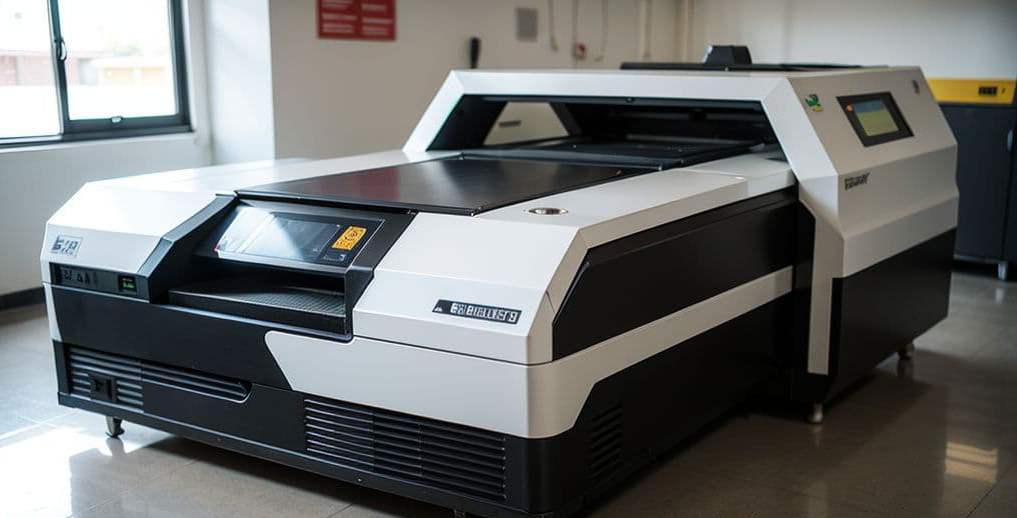how to buy a laser engraving machine
How to Buy a Laser Engraving Machine
Engraving refers to a type of printing done on metal plates. Lines are cut on the metal where the ink will be held. A laser engraving machine uses laser technology to engrave on a metal surface or any other surface. They are widespread in industries that want to label/mark manufactured items and are known for their precision and smooth finishes. This article will look at everything businesses should know about laser engraving machines.
Demand and Market Share for Laser Engraving Machines
In 2020, the global market share of laser engraving machines was US$ 2.76 billion. The adoption of laser engraving machines is driven partly because of the benefits they offer in the automation of industries. The most notable of these is the medical field, which has recently experienced an upward surge in laser engraving technologies. Their reliability, effectiveness, and uniqueness of production are reasons that will drive their adoption even further.
Factors to Consider When Buying a Laser Engraving Machine
Throughput of the Engraving Machine
Throughput refers to parts processed per hour. The speed with which the laser engraver machine works will directly affect business sales, whether the volume of work is low or high. This, in turn, gives the business an edge in that it can offer lower prices to its customers.
Table Size of Processing
The table size determines the size of the object engraved. A smaller table size translates to smaller objects engraved, while a more extensive table will allow bigger objects to be engraved. The table sizes range from 300mm x 200mm while larger tables can be as big as 1600mm x 900mm. Depending on the object size businesses want to engrave, they can choose a suitable laser engraver machine.
Applicable Material of the Engraving Machine
Laser engraver machines can work with several materials. Plastic, paper, metal, acrylic, and wood can be used during engraving. Businesses should consider the material they will be engraving before purchasing because engravers specialize in different materials.
Brand of Key Components
Before businesses purchase a laser engraver machine, they should consider well-established and reputable brands. This is to find quality and market-approved engraving machines. Besides this, a clear on-site demonstration of the engraver should be made to businesses to ascertain its effectiveness.
Cost
The cost of acquiring an engraver determines what a business can and cannot buy. Their prices vary from US$ 1,200 for a 100W laser engraving machine to US$ 15,000 for a 1000W metal engraving machine. In addition to cost, maintenance of the machine is critical as well. The frequency of care may have a considerable impact on a business. Because of this, businesses can look at whether the maintenance of the machine is something that is learnable or strictly requires a professional.
Availability of Support Features Such as Warranty
They are helpful, especially for engraving machines, because of the cost of operating one. Having a warranty is essential as it alleviates repair costs for some time. It also helps the business have a reliable source for maintenance and repair should it be required.
Types of Laser Engraving Machines
Etching
Laser etching occurs when the laser beam comes into contact with the material and melts it. This type of laser engraver machine is suitable for materials that do not require deep engraving.
Deep Laser Engraving
Deep laser engraving involves removing more material from the surface, creating a deeper mark. This type of laser engraver machine is ideal for applications requiring high durability and resistance to wear.
Laser Ablation
Laser ablation is the process of removing material from a solid surface by irradiating it with a laser beam. This type of laser engraver machine is used for precise and clean material removal.
The Target Market for Laser Engraving Machines
Laser engraving machines are used across various industries due to their versatility and precision. Key markets include:
Aerospace
Laser engraving is used for marking parts and components with serial numbers, barcodes, and other identifiers.
Jewelry
Engraving machines are used to personalize jewelry items with names, dates, and custom designs.
Medical
In the medical field, laser engraving is used to mark surgical instruments and medical devices for identification and traceability.
Automotive
The automotive industry uses laser engraving for marking parts and components to ensure traceability and quality control.
Fine Arts
Artists use laser engraving machines to create intricate designs and patterns on various materials.
Electronics
Laser engraving is used to mark electronic components with identifiers and logos.
Semiconductor
The semiconductor industry uses laser engraving for marking wafers and other components with precise and permanent identifiers.
Conclusion
Laser engraving machines are a valuable investment for businesses across various industries. By considering factors such as throughput, table size, applicable material, brand, cost, and support features, businesses can make informed decisions when purchasing a laser engraver machine. Understanding the different types of laser engraving machines and their applications can also help businesses choose the right machine for their specific needs. With the right laser engraving machine, businesses can achieve high precision, efficiency, and quality in their engraving processes.